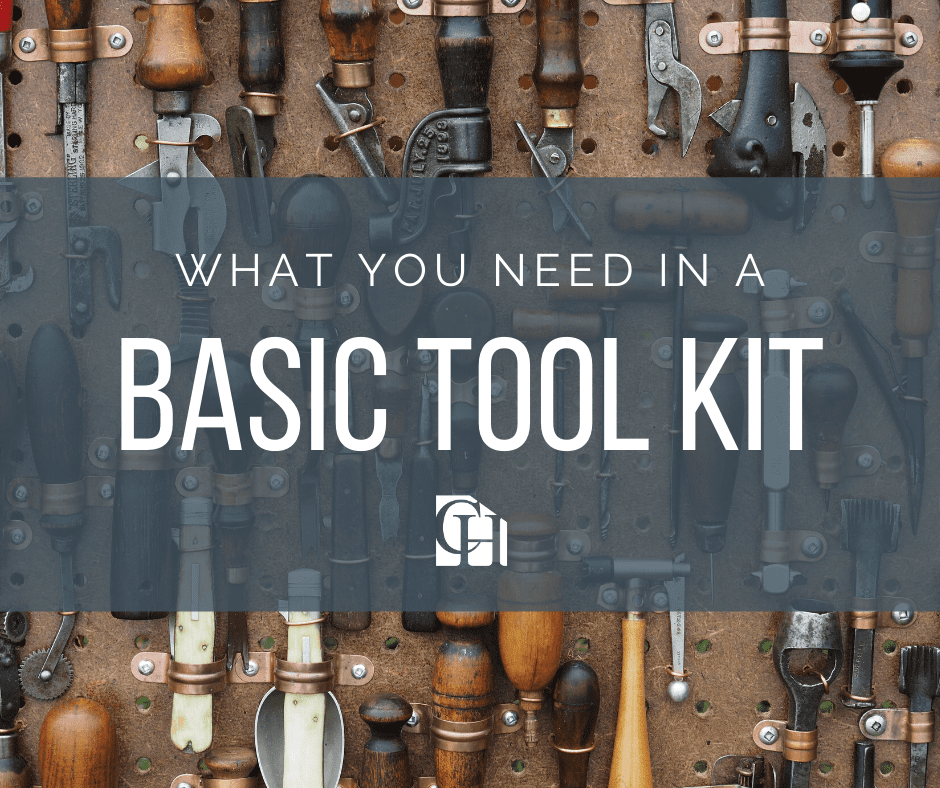What Are The New Mortgage Rule Changes?
The Office of the Superintendent of Financial Institutions (OSFI), has set new rules on mortgage lending. It’s most commonly known as the new minimum qualify rate or, “stress test” for uninsured mortgages.
The new rules require that the minimum qualifying rate for uninsured mortgages be the greater of the five-year benchmark rate published by the Bank of Canada, which sits at 5.14% currently OR the discounted rate the client is getting + 2.00% on top of that. (eg. 5 year fixed rate today: 3.34% + 2.00% = 5.34%).
The clients qualifying rate in this scenario would become 5.34% as it is the higher of the two.
These new rules mean that even borrowers with a downpayment of 20% or more will face a stress test, which has been the case for applicants of smaller down payments since October 2017.
Why Did They Change The Mortgage Rules?
In recent years, Ottawa has made moves and tweaks to tighten the rules around mortgages. The goal is to limit the amount of debt Canadians and financial institutions can take on.
This is the seventh change since 2008 and could have a big impact.
These new mortgage rules affect 10% of homebuyers, which is about 100,000 people who qualified for an uninsured home loan last year. Under the new rules, they would likely fail the stress test for an equally large loan next year and miss out on their preferred home.
Who Will The New Mortgage Rules Affect The Most?
First-time homebuyers will be most affected by these new rule changes. No matter how much money you save up or put down as a down payment, first-time homebuyers will have to pass the stress test.
Most likely, this will result in a 20% decrease in affordability, meaning if your expectations are high, you might have to skip your dream home for something a bit cosier.
So What Can New Homebuyers Do?
If you don’t pass the stress test, don’t stress!
Easier said than done, right?
But you still have a couple of options.
The first option is to put down more money on a down payment to pass the stress test. This could mean waiting a little longer and waiting for your income to go up before you’re able to buy.
The second option would be not purchasing the home. Alternatively, some first-time buyers might buy a smaller home, maybe a condo instead of a detached home or a townhome.
The third option is to add a co-signer to the loan that has income as well. Someone who can qualify under the new rules.
The bottom line is, make sure you understand the rules and where your income puts you under the new regulatory rules. Make sure to get pre-approved for a mortgage before you start your house-hunting. The last thing you want is the shock of being denied under the new stress test mid-house hunting.
How The New Mortgage Rules Affect 20% Down Payments
The new stress test means that banks and financial institutions will review your mortgage application of 5.14%, which is the minimum qualifying rate equal to the greater of the Bank of Canada’s five-year benchmark rate or their contractual rate plus two percentage points.
If you’re thinking about buying a house within the next year or so, this may force you to settle for a less expensive home than you had your heart set on. In fact, the rules, in general, might force Canadians to look at homes up to 20% cheaper. The most likely scenario, however, since most Canadians don’t stress their finances to the brink when buying a home, is homes around 7% less expensive or, about $31,000 less.
Or you might have to wait longer and save up more for a larger down payment.
How The New Mortgage Rules Affect Mortgage Renewals
When it comes to renewing your mortgage under the new mortgage rules, lenders don’t have to apply the stress to clients.
However, what this means is that if you fail the stress test, you might not be able to shop around for a better rate.
This means that if you fail the stress test, you’ll probably get stuck renewing with your current financial institution, without being able to shop around for a better rate.
In some cases, you might be forced to accept non-competitive rates from your lender.
How The New Mortgage Rules Will Affect Mortgage Refinancing
If the plan is to refinance your mortgage, it’s most likely you’ll have to qualify under a higher stress rate rather than your existing mortgage rate. In fact, if you’re close to the borrowing limit, you might have to settle for a smaller loan.
How it works is this: You buy a $400,000 home and you have $100,000 left on your mortgage. You want to borrow money for renovations, say, $50,000 and you have a five year, fixed-rate mortgage at 3.3%.
Your lender would make sure that you take on a $150,000 loan at 3.3%.
Thinking of buying a home in Ottawa?
Even with the new mortgage rules, we’ll help you find the perfect home!
Sources:
What The New Mortgage Rules Mean For Homebuyers






